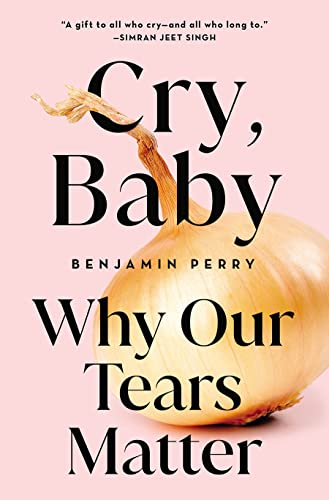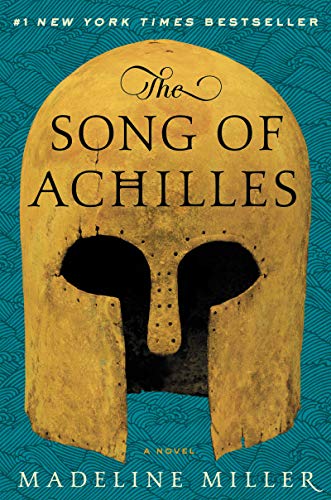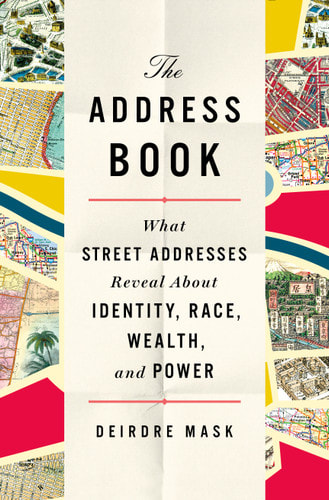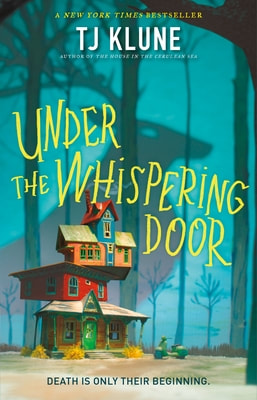|
If you don't know me in person, you might not realize I am a competition-grade crier. I get choked up several times daily, just from thinking thoughts, and full-onslaught blubbering is a not infrequent occurrence.
From a young age I disliked admonishments against crying. Why on earth wouldn't I cry? It's not a sign of weakness. It's a sign of emotion. So I was eager to read Benjamin Perry's book Cry, Baby for that sweet sweet confirmation bias. I suppose I was expecting lots of research showing why crying is good and healthy, but as Perry explains, there haven't been many studies. People generally, and pharmaceutical executives particularly, don't see repressed tears as a problem. So while there's a bit of science here, much of the material is drawn from literature, religious scriptures, and contemporary events, as when Amy Cooper, the white lady with the dog in Central Park, called the police in tears with a fabricated story of being harassed by Christopher Cooper (extremely no relation), a Black man who was out birding. By the way, his memoir Better Living Through Birding: Notes from a Black Man in the Natural World got a starred review in Shelf Awareness. Perry is a progressive minister fluent in the often academic language of social justice. I eat that stuff like candy, but it will not be accessible or enjoyable to all audiences. That's fine--but I hope someone else will write a book about crying aimed at more general audiences. People with conservative politics need to hear this message, too.
0 Comments
Maybe, unlike me, you paid attention during the section on classical Greek literature in high school English. Perhaps you were not bored by Edith Hamilton's Mythology, a standard classroom text that takes exciting stories and neuters them with lifeless prose.
(I am working off memories from a quarter century ago, so if you would like to defend Hamilton from my slander, I am willing to listen.) Madeline Miller is the glorious opposite of that experience. She is astonishingly good: taut prose, rich atmosphere, tight plotting, and characters who feel like real people. The Song of Achilles is told from the perspective of Patroclus, who is banished after accidentally killing another child. He is exiled to the court of Peleus, whose son Achilles is preternaturally beautiful and athletic. This can happen when your mother is a goddess. Patroclus and Achilles become friends and eventually lovers. If you know The Illiad, you know how this story goes. They sail to Troy to make war after Helen runs away with (or is kidnapped by?) Paris. Prophecy says the Greeks can't win the war without Achilles... but prophecy also says Achilles is fated to die there. This is an exceptionally good book, centered around a grueling war and a queer love story that you want to succeed, even though you it will end in tragedy. And Frazer Douglas's narration of the audiobook is stellar. The Address Book is about street addresses, street numbers, and street names, which sounds dreadful, like the textbook for a course on municipal planning, but Deirdre Mask makes it fascinating. This is maybe my favorite type of nonfiction, the deep dive into subjects you never knew you cared about.
Some writers attempt this, but instead of crafting a compelling narrative, they produce a book full of the neat facts they found while doing their research. Those books read more like encyclopedias than stories. There are neat facts aplenty, to be sure. If you ever wondered why the vaguely dirty sounding Grope Lane is so prevalent in English towns, you may be surprised to find this is the cleaned up version. Grope C*nt Lane used to be the name of the place where you could find prostitutes, which is a fine example of truth in advertising. But Mask hangs all these neat facts on the larger human interest story. In the United States and throughout the world, a physical address is a crucial component for getting out of poverty. You can't open a bank account to save money or receive direct deposits if you don't have a home address. You can't apply for jobs. You can't receive mail. This is a blend of history, social science, human rights, geography, medicine, and various other areas of interest, recommended for fans of Mark Kurlansky and Mary Roach. It was published in April 2020, when we were reading sourdough bread recipes and reports of mounting casualties and overwhelmed hospitals, so you probably missed it when it came out. Go back and give it a read. I was afraid to read Under the Whispering Door, because The House on the Cerulean Sea was perfect, and most people can't manage two perfect books, let alone one. I needn't have worried. T.J. Klune is batting a thousand.
Wallace Price is a nasty piece of work. Think pre-Christmas Scrooge, only he does law, not finance. After witnessing his complete paucity of empathy in the opening pages, it is satisfying to see him drop dead at the end of the first chapter. That's where the story really gets going. Wallace, now in ghost form, is collected by Mei, a reaper on her first solo reaping assignment. Mei whisks him off to a tea shop that acts as a waystation to the next life, where we meet Hugo, a mortal who helps dead people cross to the next world; Hugo's grandfather Nelson, a ghost; and a good dog named Apollo, also a ghost. You guys, I felt so many emotions in this book. There's a lot of sorrow and sadness, as you might expect in a book about death. I cried, often, and not just little misty tears. But I also I laughed, often, and not just little snickers. And I was charmed. There's a queer love story at the heart of the novel, along with a redemption story for Wallace. If you too are drawn to emotionally unavailable men, this is a book for you. As with House on the Cerulean Sea, I'm going to be recommending Under the Whispering Door to everyone. Kirt Groves is an exceptional narrator, so consider giving it a go as an audiobook. |
Book talks
When Covid first hit, I started doing book talks on social media as a way to keep in touch with people. I never got out of the habit. I don't discuss books by my clients, and if I don't like a book, I won't discuss it at all. While I will sometimes focus on craft or offer gentle critical perspectives, as a matter of professional courtesy, I don't trash writers. Unless they're dead. Then the gloves come off. Archives
February 2024
Tags
All
|





 RSS Feed
RSS Feed